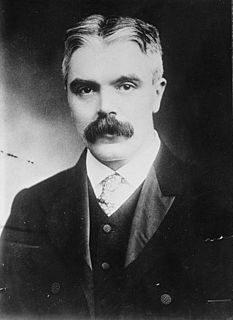A Quote by Gary Shteyngart
Communications devices were always used to effect change, to effect revolution. Telephone, telegraph - these all seemed like very big enhancements at the time.
Related Quotes
People always think they're in the middle of a revolution while they tend not to realize the enormity of a change that has happened in the past. The telegraph was a revolution, but who looks at it that way these days? The telegraph sped up the transportation of messages over long distances by a huge factor.
Let not men then in the pride of power, use the same arguments that tyrannic kings and venal ministers have used, and fallaciously assert that women ought to be subjected because she has always been so.... It is time to effect a revolution in female manners - time to restore to them their lost dignity.... It is time to separate unchangeable morals from local manners.
Some years ago, I read Thomas Carlyle's history of the French Revolution, and I was very taken by the way he told the story, and it seemed as though I was right in the middle of things. And it took me a while to figure out how he achieved that effect, and one of the ways was to write it in the present tense.
As to the history of the revolution, my ideas may be peculiar, perhaps singular. What do we mean by the revolution? The war? That was no part of the revolution; it was only an effect and consequence of it. The revolution was in the minds of the people, and this was effected from 1760 to 1775, in the course of fifteen years, before a drop of blood was shed at Lexington.
It is in the very nature of a beginning to carry with itself a measure of complete arbitrariness. Not only is it not bound into a reliable chain of cause and effect, a chain in which each effect immediately turns into the cause for future developments, the beginning has, as it were, nothing whatever to hold on to; it is as though it came out of nowhere in either time or space.






































